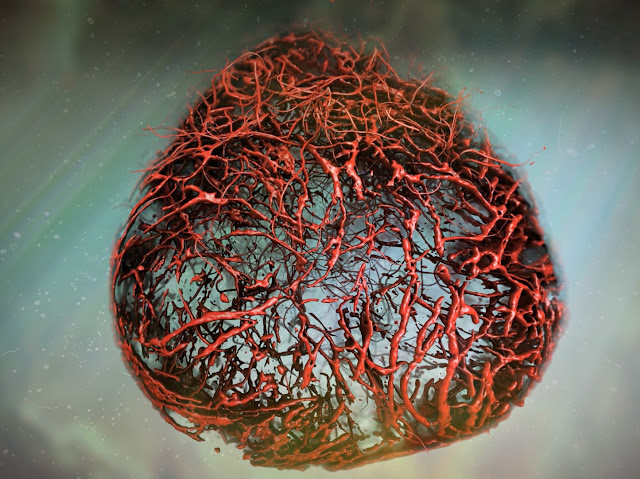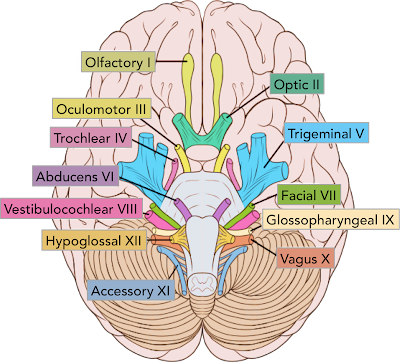Growing Perfect Human Organoids
An organoid is an artificial grown mass of cells/tissues from stem cells that that resemble an organ, and recently, scientists from the University of British Columbia have successfully managed to grow perfect human blood vessels as organoids in petri dishes for the first time.
Every organ is linked to our circulatory system, so by perfectly simulating the in-vivo environment, it could allow researchers to unravel the causes and treatments of many vascular diseases (class of diseases of the blood vessels) e.g. diabetes, strokes, Alzheimer's, cardiovascular diseases etc. by mimicking the characteristics of organs, which can be used as models to identify these new treatments.
This is a huge breakthrough in terms of diabetes treatment - blood vessels in people with diabetes often thicken so that efficient transport of oxygen and other nutrients vital for the relevant tissues is reduced, and over time, can lead to aggravated issues such as kidney failure and strokes.
Lab-grown vessels were placed into a petri dish which was engineered to mimic a diabetic environment i.e. restricted blood flow combined with other factors and found that even the membrane of the organoid became swollen and acted in a way that was pretty much identical to the vascular damage in a diabetic human.
The next step was to find a way to prevent this swelling of membranes. No current anti-diabetic medication e.g. sulfonylureas, biguanides, meglitinides etc. had any effect but an inhibitor was successfully found: the enzyme γ-secretase. This enzyme is found in the body and prevents blood vessel walls from thickening - a high potential addition into the treatment (and possible future cure) of diabetes.
Aside from this, grown organoids were transplanted into mice and over-time they developed into fully functional human blood vessels e.g. veins,arteries and capillaries. The discovery illustrates that it is possible to not only engineer blood vessel organoids from human stem cells in a dish, but also to grow a functional human vascular system in another species [similar ideas to xenotransplantation]
Just like when researches grew miniature human hearts for more effective drug trialling, the same idea is being used here: growing organoids that perfectly mimic human organs to identify underlying causes of vascular disease, and to potentially develop and test new treatments for patients with diabetes.
--------------------------------------------------------------------------------------
To greatly speed up this pharmaceutical research, robots can actually grow these organoids from stem cells faster than scientists themselves - automated robots can be given pluripotent stem cells, and 3 weeks later they automated drug testing would already be under play. Because they could test so many kidney organoids at the same time, researchers at the University of Washington School of Medicine have already learned how different compounds affect polycystic kidney disease, a common condition with serious symptoms.
-------------------------------------------------------------------------
Further Reading // Sources:
https://www.sciencedaily.com/releases/2019/01/190116130820.htm
https://futurism.com/the-byte/lab-grown-blood-vessels
https://news.ubc.ca/2019/01/16/scientists-grow-perfect-human-blood-vessels-in-a-petri-dish/
https://motherboard.vice.com/en_us/article/pa579z/researchers-create-perfect-blood-vessels-in-a-petri-dish-for-the-first-time
https://futurism.com/need-stricter-rules-protected-land





Comments
Post a Comment